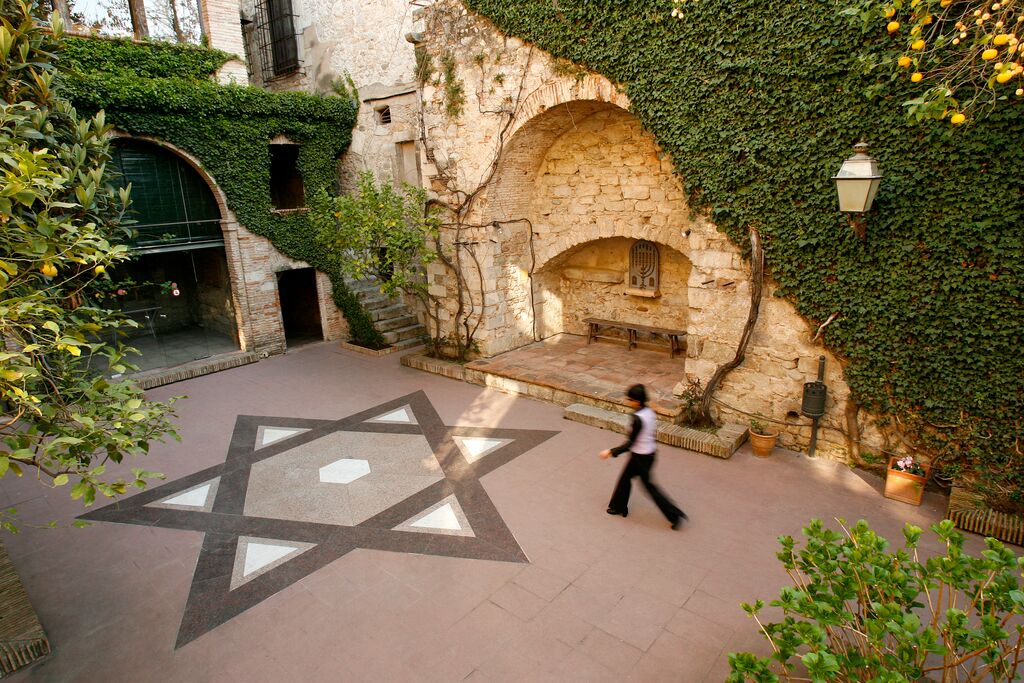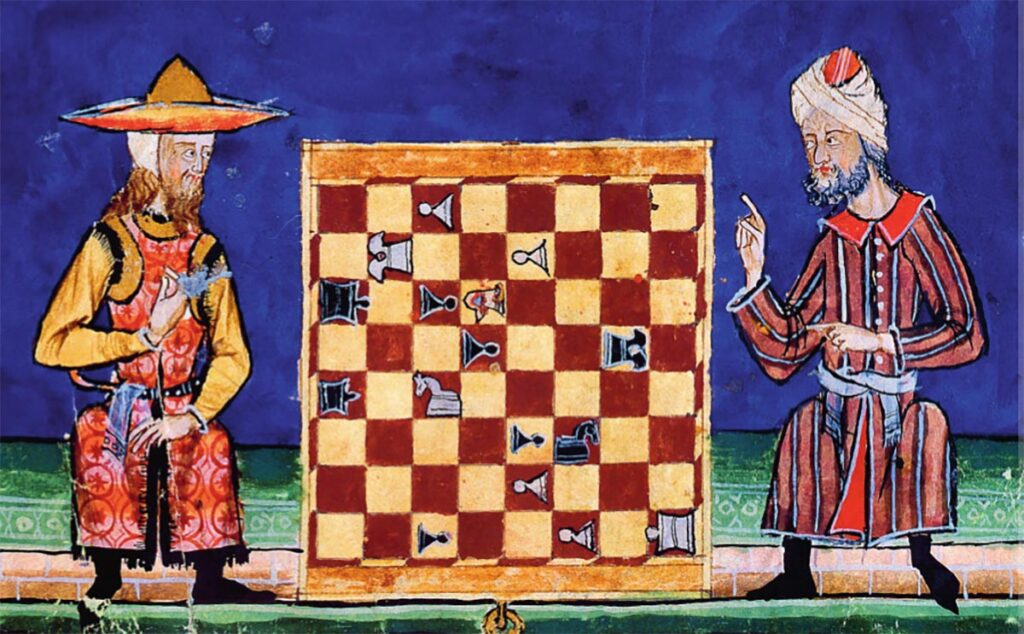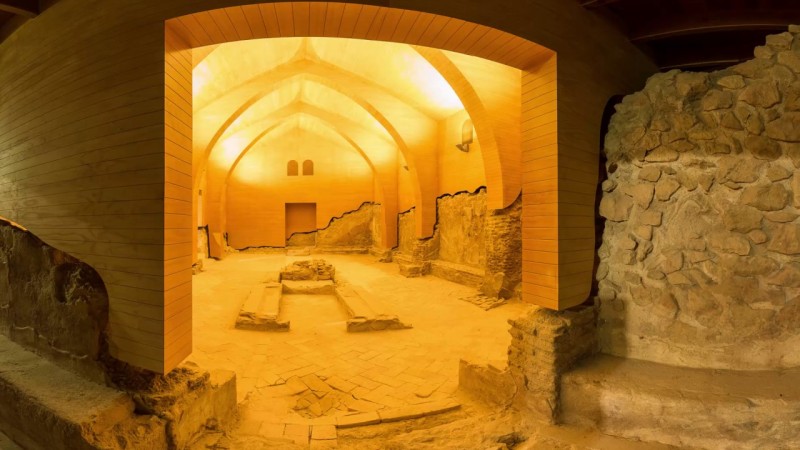
Spain, a country with a rich cultural heritage and history, has a significant Jewish past that has left a significant mark on its culture and history. For centuries, the Jewish community has played an important role in Spanish life, and its influence can be seen in various aspects of Spanish history and art.The history of the Jewish community in Spain is inextricably linked with the history of the country itself. Jews, actively integrating into Spanish culture, not only preserved their unique traditions, but also achieved outstanding success in the field of Jewish theology and philosophy. Spain is the birthplace of such great thinkers as the Rambam, Yehuda HaLevi and many other sages. Here the foundations of the Sephardic tradition were laid, where “Sefarad” is the Hebrew name for Spain. The forced baptism, Inquisition and subsequent expulsion of the Jews in 1492 were tragic moments that claimed many lives and had a profound impact on the history of the Jewish people.
Jewish Spain: From Cultural Heyday to Tragic Expulsion
The history of Jews in Spain goes back several thousand years. In ancient times, Jews already lived on the Iberian Peninsula, but the most significant period began in the Middle Ages. During the era of Muslim rule in Spain (711–1492), Jews enjoyed a certain degree of freedom and flourished in fields such as science, philosophy and the arts. This time is known as the “Golden Age” of Jewish culture in Spain. Jewish scholars such as Maimonides and Yehuda HaLevi made significant contributions to the development of philosophy and science, which had a profound impact on the intellectual life not only of Spain, but of the entire medieval world.
However, at the end of the 15th century the situation changed dramatically. In 1492, after the Reconquista, Jews were expelled from Spain by decree of the Catholic monarchs Ferdinand and Isabella, which was a tragic event in the history of the Jewish people. Many Jews had to leave their homelands and found refuge in neighboring countries such as Portugal, North Africa and the Ottoman Empire. For those who remained, conversion to Christianity was the only way to avoid expulsion, which gave rise to a new wave of religious and social tensions.
This expulsion had a devastating impact on the Jewish community, interrupting its active participation in the cultural and scientific life of Spain. However, despite the difficulties, the Jews preserved their heritage and traditions, which still remain an important part of the cultural landscape of Spain. In recent decades, Spain has reopened its doors to the descendants of expelled Jews, providing them with the opportunity to regain their historical citizenship and reconnect with their historical homeland.
Historical monuments and Jewish quarters
Despite the expulsion, traces of Jewish culture can be found in different parts of Spain:
- Segovia: A city famous for its ancient Jewish quarter. Some historical buildings remain here, such as a synagogue and a Jewish cemetery, which provide insight into the life of the Jewish community in the Middle Ages.
- Toledo: This historic city was the center of Jewish life in Spain before the expulsion. Here you can visit the El Transito synagogue, converted into a museum, and see other historical monuments of Jewish culture.
- Cordoba: Cordoba was an important cultural center for the Jewish community. The Synagogue of Cordoba, preserved in good condition, is an important monument of Jewish architecture.
- Granada: Granada, the last Muslim city, left a significant mark on Jewish culture. Traces of Jewish life and culture can be found here, although many monuments have been destroyed.

Cultural events and museums
Spain regularly hosts events and exhibitions dedicated to Jewish culture. Museums such as the Jewish Museum in Toledo and the Museum of Jewish Culture in Barcelona offer detailed exhibitions that highlight the rich heritage
Today’s Spain: Revitalizing Jewish Heritage
Today, Spain once again has a small Jewish population, and Jewish communities are actively working to preserve and promote their culture and traditions. Spain also celebrates Jewish holidays and hosts cultural events that help preserve heritage and foster intercultural exchange.
Contemporary Jewish communities in Spain are an interesting mixture of tradition and adaptation, reflecting the complex history and cultural heritage of the Jewish people on the Iberian Peninsula. Although the Jewish presence in Spain was interrupted in 1492 due to expulsion, modern Spain is once again home to Jewish communities that continue to preserve and develop their traditions.
Currently, Jewish life in Spain is concentrated in large cities such as Madrid and Barcelona. These cities have become centers of active Jewish activity, with synagogues, cultural centers and educational institutions. In Madrid, for example, there is a Sephardic synagogue and a Jewish Cultural Center, which host events that promote the preservation of Jewish traditions and culture. Barcelona is also known for its Jewish communities, with synagogues such as El Chabad and Malgran active in the city.
Moreover, modern Spain offers a unique opportunity for the descendants of expelled Jews to regain Spanish citizenship. In 2015, Spain passed a law allowing descendants of Sephardim who were expelled in 1492 to gain Spanish citizenship. This law was an important step towards restoring historical justice and strengthening ties between modern Jews and their historical homeland.

Modern Spanish Jews actively participate in the cultural life of the country and contribute to intercultural dialogue. They organize celebrations, exhibitions, lectures and theater performances dedicated to Jewish culture. In the educational sphere, there are Jewish schools and educational centers that teach children and youth Jewish history, traditions and language.
Despite difficult historical challenges, the Jewish community in Spain continues to develop and preserve its cultural heritage, making a significant contribution to the cultural and social landscape of the country.
The history of Jewish culture in Spain is a story of difficult times, but also a testament to the resilience and contribution of the Jewish community to the cultural wealth of the country. Traveling through Spanish cities and exploring historical sites provides a unique opportunity to learn more about Spain’s Jewish heritage and appreciate its influence on the development of culture and art.
